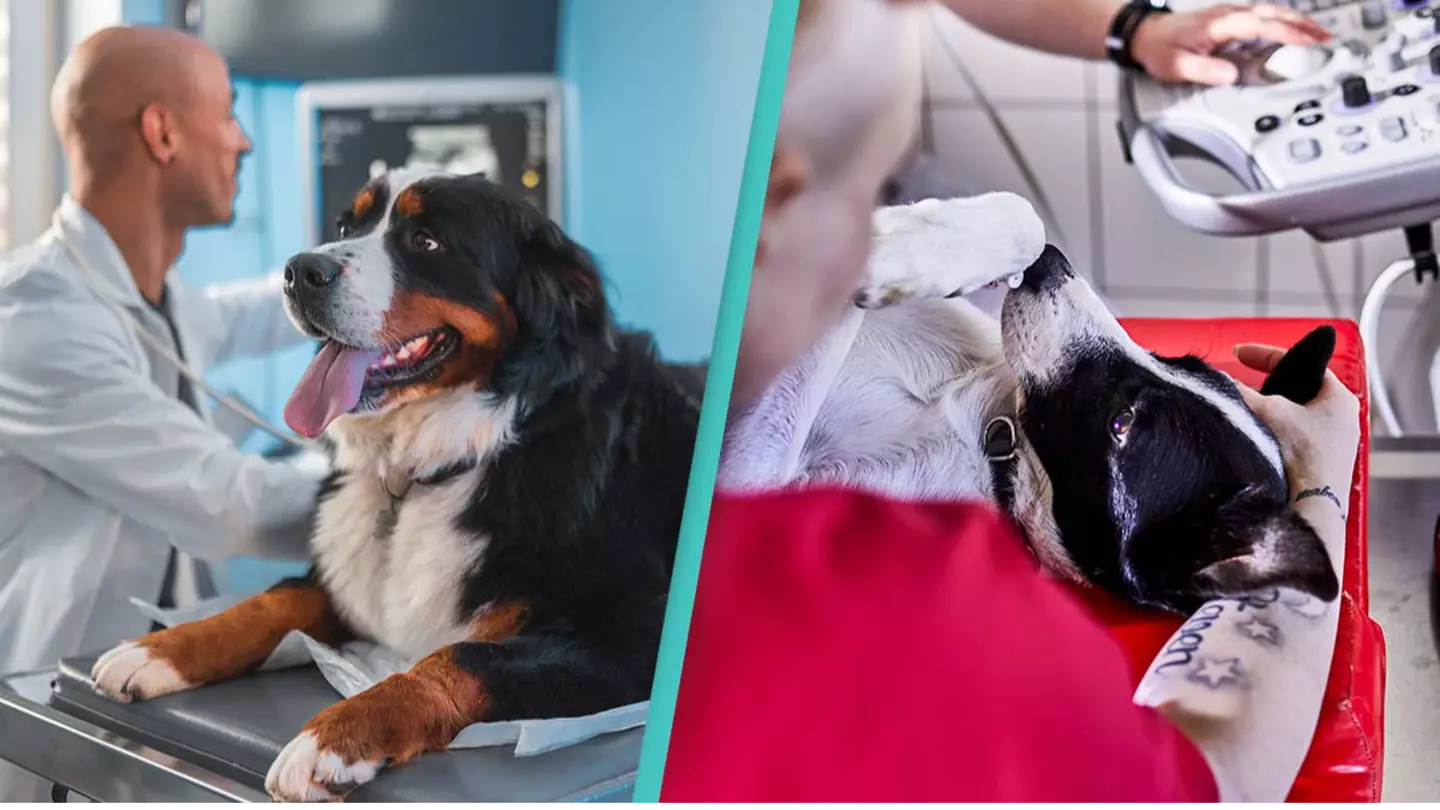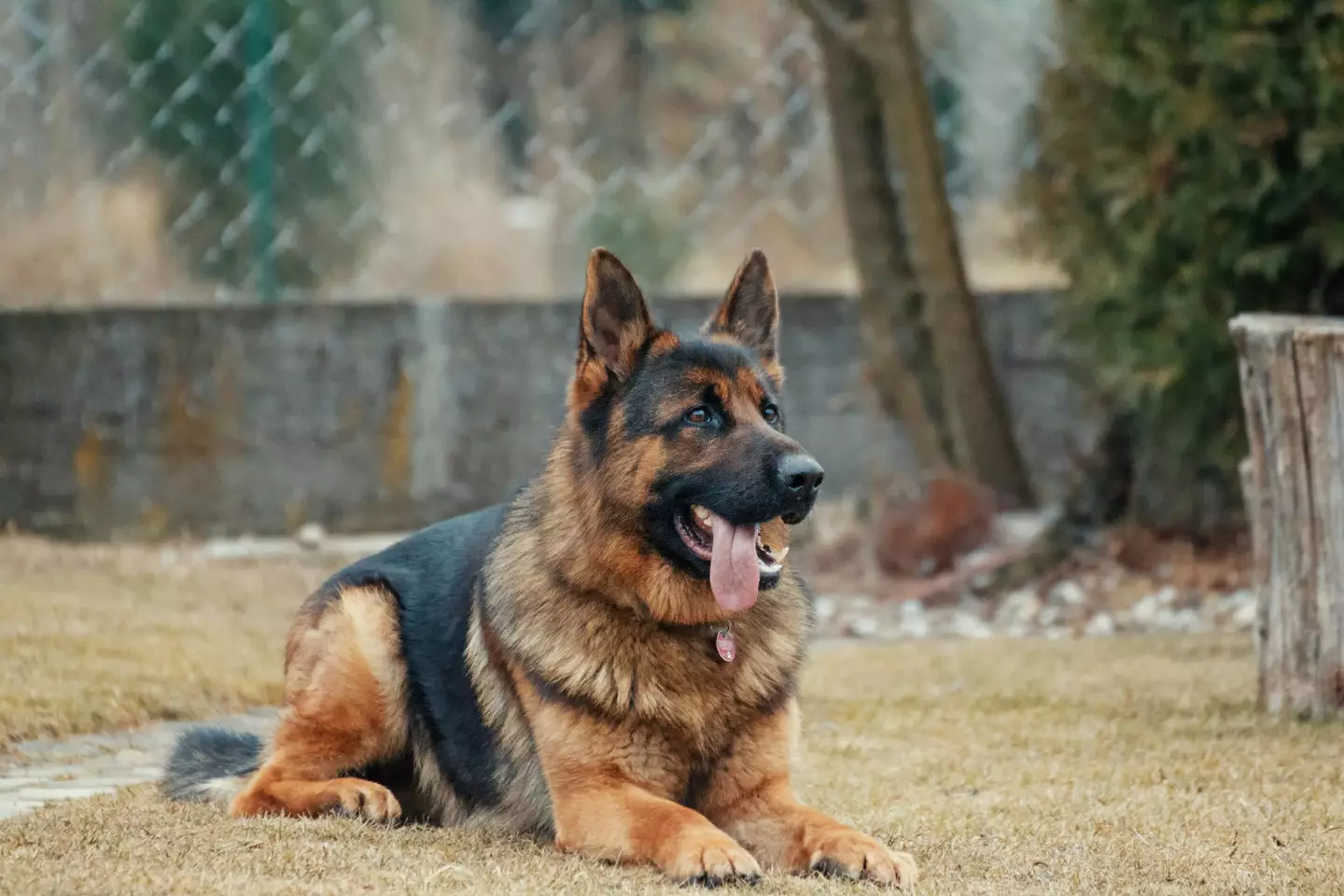
If you've ever been chatting away to your beloved dog and gotten the feeling they can understand some of what you're saying - then you might be right.
It's no secret that our pooches are incredibly intelligent beings, but a recent study on canine brain activity has revealed they're even smarter than we first thought.
That's because our four-legged friends are now proven to have an innate ability to recognize nouns, as well as creating mental pictures of the objects in their minds.
Previously, dogs' ability to recognize certain words is often tested by their ability to retrieve particular objects, but - as any owner of a stubborn pet will tell you - just because they won't do it doesn't mean they don't understand what you're asking for.
Advert

In order to delve further into testing canines' linguistic skills, researchers have used non-invasive electroencephalography (EEG) to measure the animals’ brain activity in a bid reveal their understanding of learned nouns.
As part of the study, 18 dog owners called out words for toys that their pets were familiar with, before going on to hold up that item or an entirely different object to see whether they could tell the difference.
The researchers looked out for a signal - similar to that of the N400 effect in humans - which would appear if words we read or hear don't match our expectations.
Advert
One of the authors of the study, Marianna Boros, concluded that the presence of this particular signal in the study shows that the dogs 'activate a memory of an object when they hear its name'.
Co-author Lilla Magyari also added: "Your dog understands more than he or she shows signs of.
"Dogs are not merely learning a specific behavior to certain words, but they might actually understand the meaning of some individual words as humans do."
Advert
Understandably, the signal responses were generally stronger when it came to words the dogs were most familiar with, 'suggesting that this ability is generally present in dogs and not just in some exceptional individuals who know the names of many objects', Boros further explained.
But while the dogs definitely understood the nouns their humans used, it doesn't mean they process them in the same way we do.
However, the study results instead suggests that dogs 'have to evoke the mental representation of the object upon hearing its name and thus link the two in a referential manner'.
No wonder they get so excited at the mere mention of 'walkies'.
